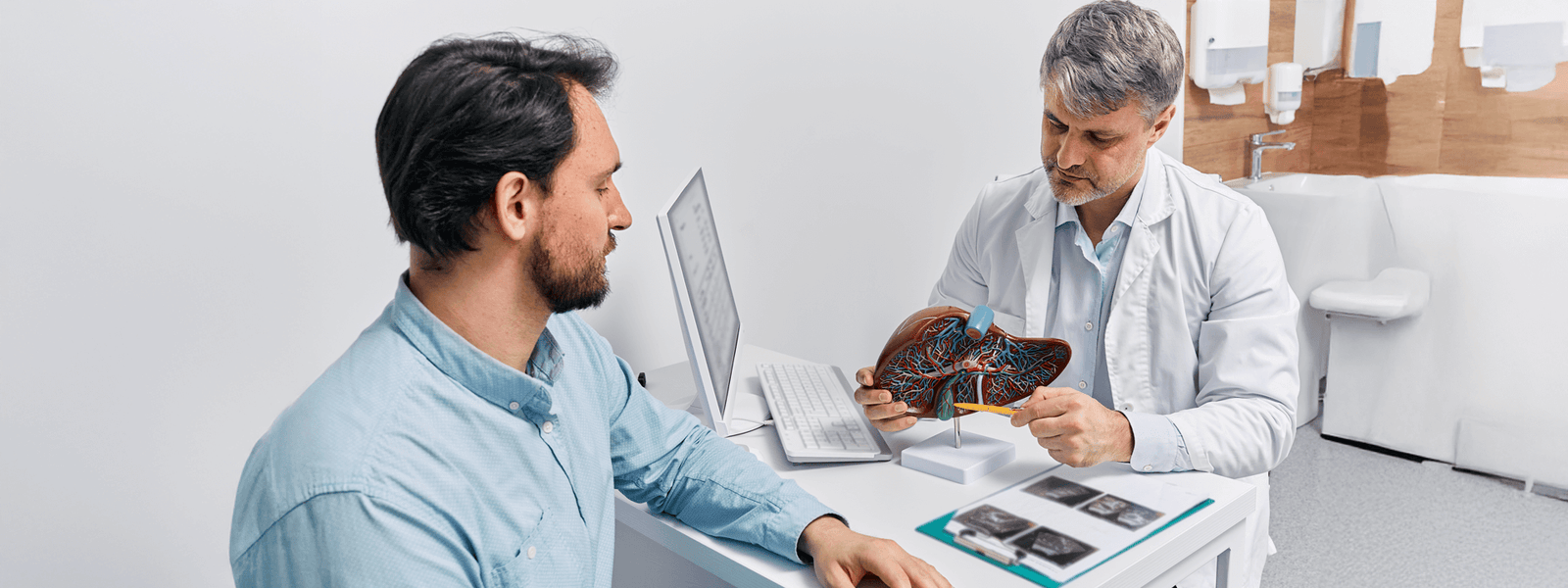I know a little about this (with the emphasis on little). This is as a result of doing some research on the matter and recently having the pleasure of spending an afternoon with one of the researchers and practitioners of stem cells in the world… Dr. Mike Molnar.
I learnt about him some months ago and read the text book that he wrote on stem cell transplantation specifically for the use of cell transplantation clinics and physicians primarily in Europe. I began corresponding with him and recently I was able to coordinate a visit with him in Asia.
Dr. Molnar has been specialising in stem cells for more than 33 years. He did much of the preliminary research in the US where he was a board-certified physician but to take his research to a higher level he relocated to Russia where he headed up a government research program for seven years in association with their top 20 institutes. So, he knows what he is talking about.
Here is a very short summary of the main issues relating to stem cells:
- Stem cell transplantation is not new. Fetal precursor stem cell transplantation of animal origin was born in Switzerland in 1931. About 5 million people have been treated since that time.
- It is safe so long as it is done by a government-approved clinic and the cell source is approved.
- Embryonic stem cells however are potentially dangerous. The reason for this is that these cells are unformed. In other words they could become any type of cell. Because of this there is a risk that they could even form cancer cells. On the other hand fetal cells are already organ specific and they will only go to that organ where they will help in the regeneration/repair process.
- The signaling protein in the stem cells is the same irrespective of the species. For example, the ‘signaling protein’ of a liver stem cell is the same in a rabbit as in a human.
- Stem cells from specific organs of animal origin are safer than those from humans because there is no risk of transferring viruses across species. Also, the cells can be examined prior to transplantation and any suspect cells discarded.
- The evidence relating to the efficacy and safety of stem cell transplantation is overwhelming.
I realise that stem cells are somewhat of a controversial issue particularly when human embryonic or fetal stem cells are referred to… but, there is really no need for them to even be considered. In fact, much of the research going on mainly in the US is really somewhat pointless.
The reason why I say that is because there are approximately 200 cell types in the body and stem cells can be obtained for all of them.


 Supplements
Supplements Bundles
Bundles









